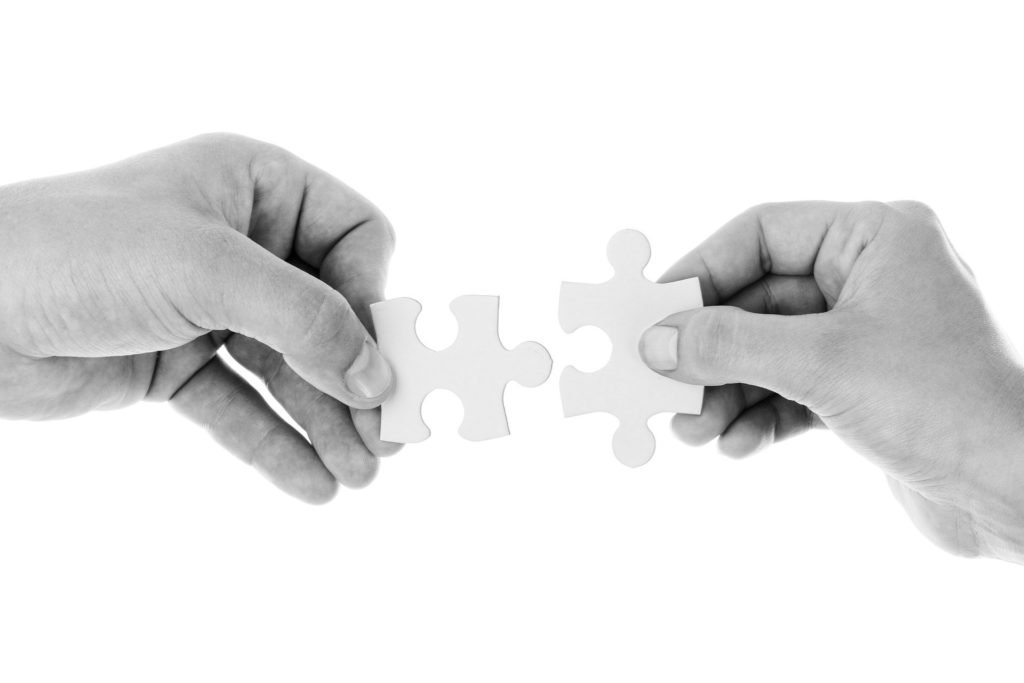
Happy New Year!!!
Yes, I know it’s February. And I know some of you only recently took your Christmas decorations down, so I know you will be completely understanding when I talk about procrastination. Those of you who are on top of your tasks, keep your judgements to yourself, please…
Here we are (one month) into the new year and I wanted to write a little something about the beginning of the new year and what it might mean about starting things anew.
The idea that we all get to start anew gets a lot of often humorous and not un-deserved scrutiny. How many jokes have you heard about surging gym memberships and New Years resolutions that have probably already been broken? Membership deals and public cynicism notwithstanding, this is the beginning of a new unit of time for most of us. A whole new year.
As this year started I felt inspired to talk about vision. I’m almost 100% sure this is because this year is 2020. And 20/20 is the measurement used to signify “perfect vision” – a.k.a. Seeing things as they are. (One of these days I’ll write on what a delusional trap “perfection” is because I have a whole lot to say about that, but not today).
So let’s talk about vision.
I am not an expert on the eyes, rods and cones, the fovea, the occipital lobe, or any of the other anatomical and physiological aspects of vision. However, those organs and systems are not the sole players when it comes to how we see. Perception is the interpreter of everything our eye balls pick up. And perception is a finicky beast.
Why am I writing about this?
Well, basically I’m saying that no one has “perfect vision”. Because of the neurological and psychological elements that go into perception, we know, unequivocally, that we do not see things as they are. Don’t believe me? Watch any episode of Brain Games. Listen to the podcast “You Are Not So Smart”. Read some of Oliver Sacks. Our personality, our psychological history, and the individual differences within our physiology all create distortions of what we actually see. So here we are in the year of “perfect vision” and I’m saying it’s impossible.
But, that doesn’t mean we can’t strive to make our vision as perfect as possible. We can strive to look at ourselves, our lives, the world around us with as much accuracy as is possible. And we do that by leaning on each other, by asking the people around us for their perceptions. We need other people in order to see clearly. Another word for this is “interdependence”
Interdependence is a concept that applies to multiple areas of life, but at it’s most basic, it means “we need each other”. In Seven Habits of Highly Effective People, Stephen Covey discusses how we hopefully evolve from “dependence” to “independence” to “interdependence” – ultimately achieving the realization that we need each other to be effective in all domains in life. As this relates to vision, we need other people to help the accuracy of our perceptions. In the parable of the Blind Men and the Elephant, each man cannot tell that they are touching an elephant because they are each only touching a single part and making inferences about the whole animal based on the small area they touched. This illustrates the limits of our vision that I have been talking about. However, when you put other perceptions, experiences, and views together, you get a much more whole vision.
When it comes to seeing ourselves, our relationships, our careers, or even the world as a whole, we need others if we want “perfect vision.” And here we come to what I’m calling “step 1.” In the previous sentence, I wrote, “if we want ‘perfect vision’.” I wrote it that way because this process needs to be a choice. It is easy to chose to take our limited perception and define reality based on that. But you won’t really be looking at reality then. What I’m saying is that we have to decide if “accurate vision” is something that we even want. And be warned, it will often be difficult, disturbing, or uncomfortable in other ways. But it will be as close to Truth as we can get. And I think that’s awesome.
Once you’ve decided that you want access to truth, then comes step 2, which is admitting “my vision is flawed and distorted.” Recognition of the things I’ve been describing above, the limits of our ability to perceive the world accurately, opens you up to the possibility of new connections with others. It is this humility that softens our demeanor and makes us more receptive to listening to the people we share this world with. The popular term “my truth” touches on this idea, I think. We are beginning to recognize that, by claiming a personal truth, our perspective is important. The risk we run is in narcissistically forgetting that this also means that other people’s “truths” are equally important. When we recognize the importance of our perspective as a valuable piece of a puzzle who’s other pieces include other people’s perspectives, then we are truly approaching the ability to grasp the whole picture.
Which brings us to step 3: make connections. You now have decided you want to see accurately. You have admitted that you can’t do that on your own. And so now it is on you to make yourself open to the other people in the world. To exercise your listening muscles and ask “tell me why you think that” with the intention of broadening your own perspective. Do this while keeping in mind “this person may be able to see things that I can’t” and you will make yourself more receptive to reality, and ultimately less judgmental, less critical, and less isolated.
And so I encourage you to chose to expand your perceptions and “improve” your vision by leaning on your fellow humans, embracing interdependence, and entering the new year and beyond with nearly perfect vision. 20/20 in 2020.
